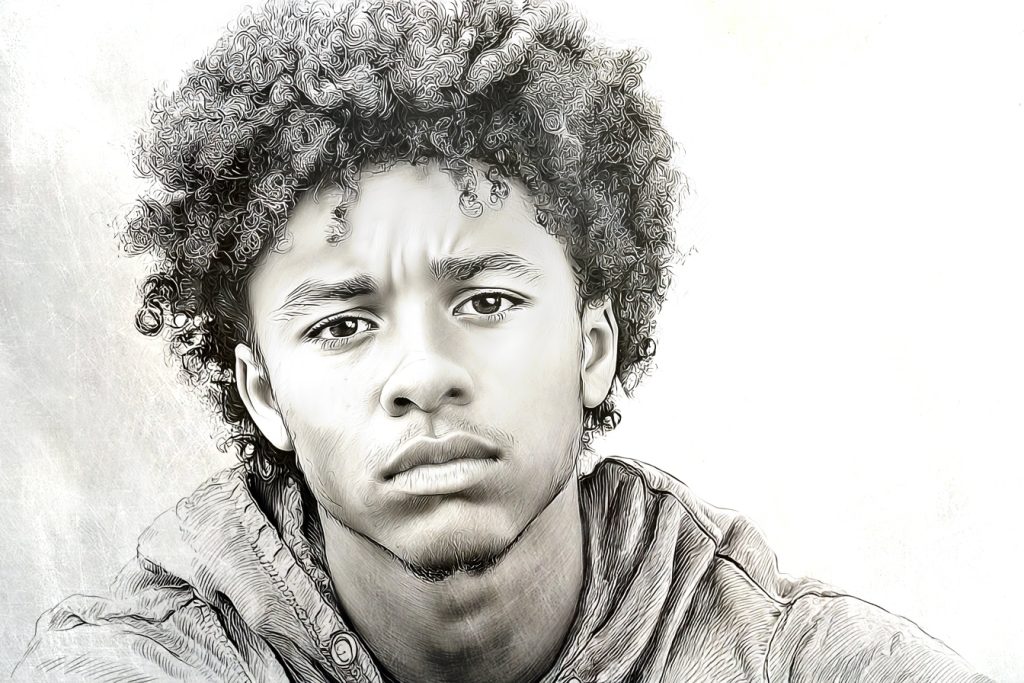
Two days ago, one of our sons-in-law told us what his god-fearing parents did when he was a young man engaged in bad behavior while still living at home. They gave him a choice: stop the bad actions that were causing chaos in the household, or leave. He wouldn’t stop, so he had to leave. It took years, but eventually he saw the evil of his ways, repented, and became the honorable, responsible, and loving man he is today. I shudder to think where he would be had his parents settled for lectures instead of action.
All of us know we can’t change another human being, particularly our adult children. But we don’t have to facilitate their harmful behavior, nor should we ever benefit from their wrongdoing. As we age, we can develop a “What-will-happen, will-happen, and I-can’t-do-anything-about-it,” attitude. This fatalistic attitude is actually fear and hopelessness mixed with laziness. It doesn’t honor God. Going with the flow is seldom going the right direction. No matter our age, if we want to please people more than we want to please God, we will lose both people and God.
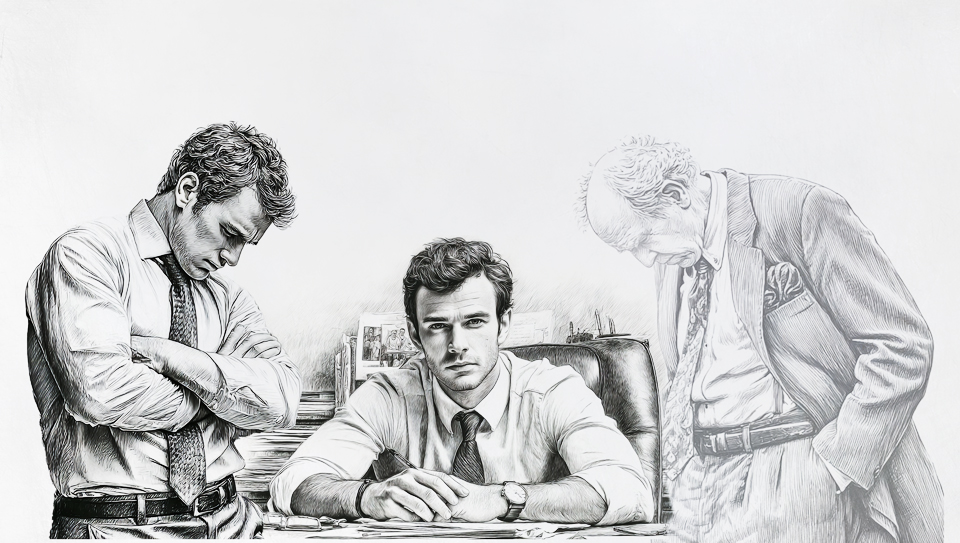
A young father founded a successful company. As he aged, his two sons took over running the business. Unlike him, they employed unethical means to make big profits. The father protested, but didn’t take any measures to prevent them from continuing their corrupt practices. In fact, the dividends he received from the company increased, and he was able to live a luxurious lifestyle. Eventually, the law caught up with them, and they spent time in prison. Who was guilty?
The Old Testament documents the tragic story of an aging dad who would not stop his sons’ evil behaviors. The sad story is recorded in the book of 1 Samuel as a warning to us. God’s people had settled in the Promised Land. They were led by judges and were worshipping at the Tent of God’s presence set up in Shiloh. An old priest there had been overseeing the sacrifices and the day-to-day sacred rituals. As he aged, his two sons took over his duties. However, they had no respect for God or their priestly duties and they became corrupt. They started abusing the privileges of the priesthood. Instead of taking a prescribed portion of the sacrificial animals as specified in the Law of Moses, they took whatever portion they greedily desired. When the people would make the trip to Shiloh to offer their sacrificial animal to God, these irreverent priests would demand more than their share of the meat. That left fewer and poorer cuts for the worshipers to enjoy. Moreover, they misused their authority by seducing the young women who were serving at the worship center.
Their old father, Eli, was aware of his sons’ behavior, but he only chided them. They were probably used to their father’s words being idle threats, not followed up with action. So they ignored his words. Eli allowed them to continue in the priestly office, even though he knew that they were sinning against God and harming the people. In fact, Eli joined with them in sinning because he benefited from their disobedience. He ate the stolen meat, too.

Eli was compliant. He couldn’t muster the courage to stop his sons by taking away their jobs. He valued their favor more than he valued God’s. No backbone. No will to confront. No resolve to take a stand. He had lost hope that he could make a difference. He didn’t have the faith to believe there was anything he could do. He just gave in and gave up. He didn’t rock the boat. He didn’t stand up. He cowered. He accepted what shouldn’t be accepted in order to keep peace. Interestingly, the expression, ‘turning a blind eye,’ became literally true for him. He lost his eyesight. He couldn’t see others, and he had made himself so invisible, they didn’t see him, either. But what did all his shirking and shrinking do? It caused the deaths of his sons and daughter-in-law.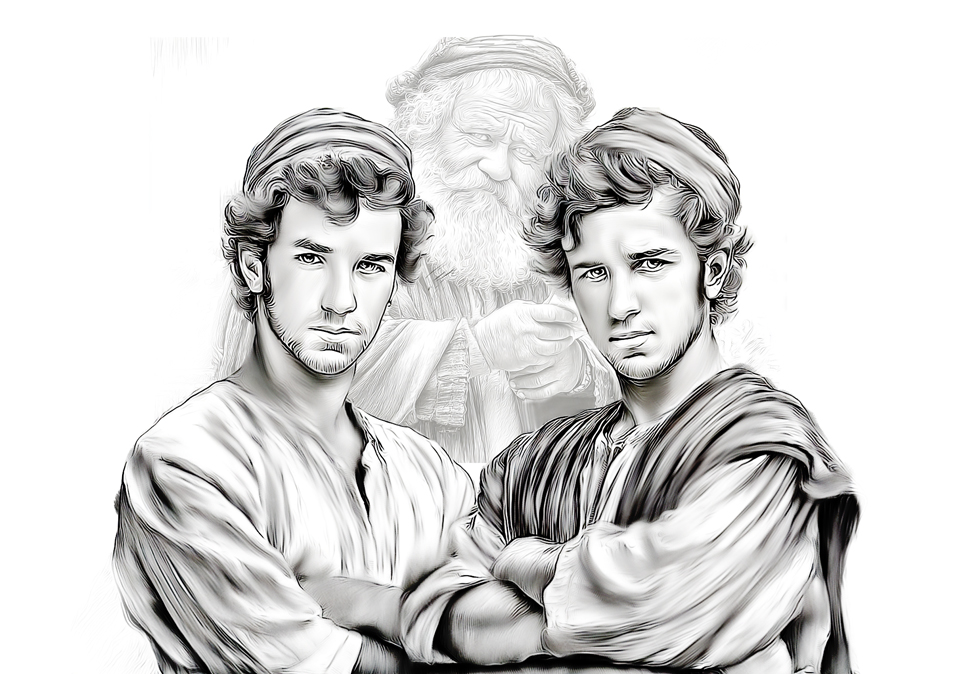
“I will honor those who honor me, and I will despise those who think lightly of me. The time is coming when I will put an end to your family, so it will no longer serve as my priests. All the members of your family will die before their time.” 1 Samuel 2:30-31
God mercifully warned Eli twice that he would judge Eli and his family, yet Eli never heeded. He seemed to accept the threat as irreversible. Maybe he thought God was like him- threats without action. He seems to be fatalistic and did not take responsibility for correcting the shameful behavior of his sons. God said that Eli scorned him, but honored his greedy sons. Eli preferred to let his sons do what they pleased, even though their behavior displeased God and harmed the people. He was too afraid or too lazy to revoke their priestly duties. Perhaps he felt unable to do the work himself, and he feared his sons’ anger if he disciplined them. He must have felt it would be cruel to withdraw their livelihood (their priestly jobs put food on the table- literally). But it was more cruel to allow them to continue and suffer God’s judgment. His unwillingness to stop them cost him his life and theirs.
God’s first warning was a prophet sent to Eli. The second warning came through an obedient, innocent child. The boy, Samuel, was earnestly serving the Lord at the place of worship by assisting old Eli. Samuel was willing to listen to God, even in the middle of the night.
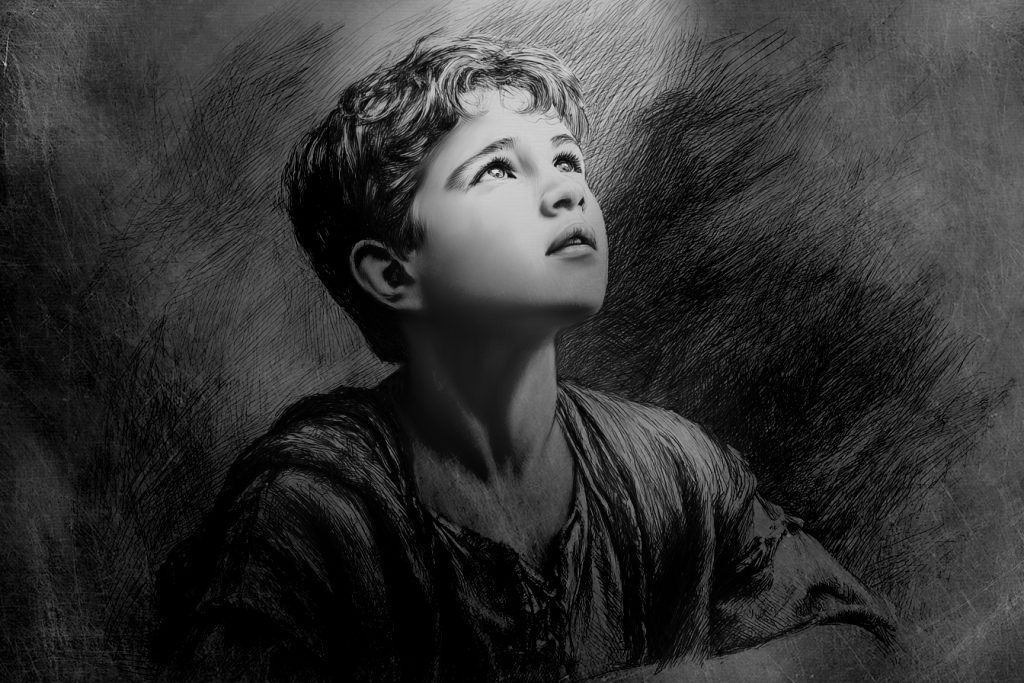
“Then the Lord said to Samuel, “I am about to do a shocking thing in Israel. I am going to carry out all my threats against Eli and his family, from beginning to end. I have warned him that judgment is coming upon his family forever, because his sons are blaspheming God and he hasn’t disciplined them. So I have vowed that the sins of Eli and his sons will never be forgiven by sacrifices or offerings.”
So Samuel told Eli everything; he didn’t hold anything back. “It is the Lord’s will,” Eli replied. “Let him do what he thinks best.” 1 Samuel 3:11-14, 18
Notice how Eli shifts the blame with the false and fatalistic declaration that it’s the Lord’s will. Instead of falling to his knees in repentance and dealing with his sin and that of his sons, he claims it’s all up to God, shrugs it off and continues his reckless behavior.
We have to be careful not to assume that we can change our adult children. We can’t. But we must not be complicit in their wrongdoing. And especially we must not benefit from their wrongs. It’s so easy to enable our grown kids, facilitating their bad behavior in exchange for scraps of their love and perhaps some material help. We don’t want them to be angry with us. We don’t want to be rejected and alone. So we swallow our standards, even while chiding them. But they won’t heed our words because they know we don’t have the backbone to take action. Let’s take warning from the story of Eli. We want to please God and live in his favor.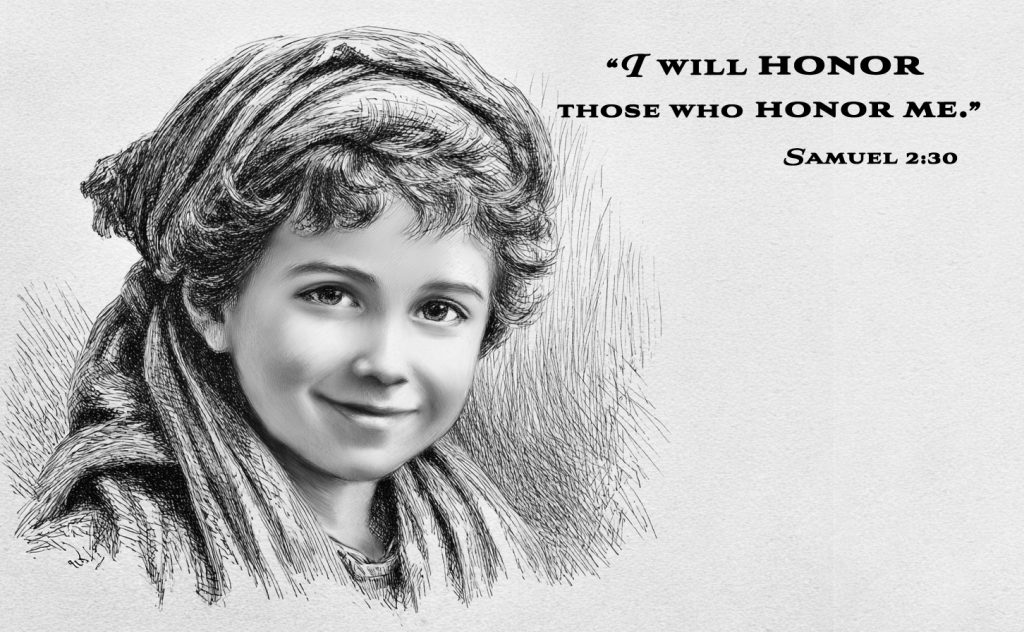
We certainly cannot change our adult children! Good message to remember. We can only tell them our hopes and expectations and let it go.
I’m thinking of you now at 10 am EST. Too early to chat. Unfortunately then I’m working 12-6 so our timeframe is off😪I love you and miss you dear friend.
I love you, too, faithful friend. I understand about your schedule. Hugs